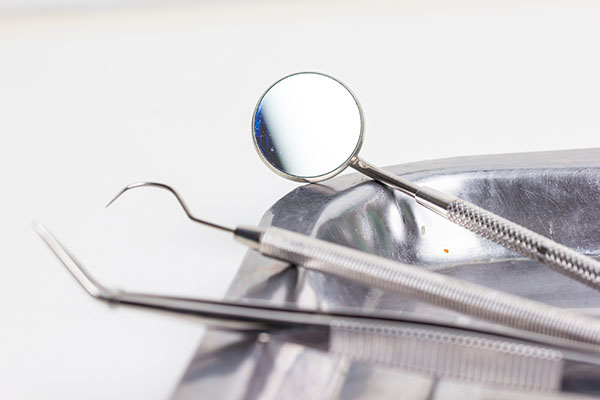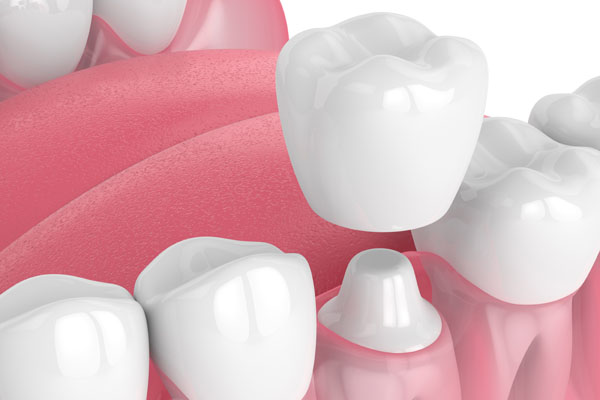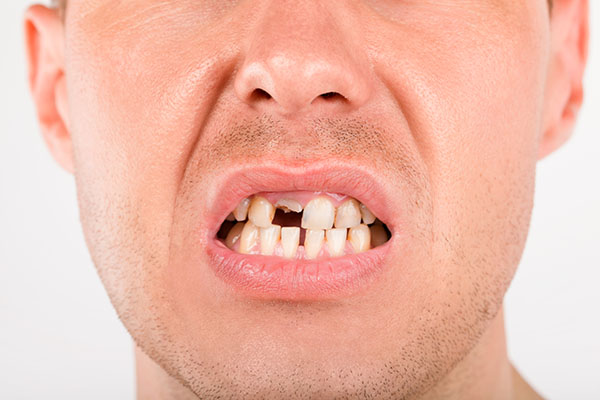Oral Hygiene 101: What Can Happen if You Don’t Floss

Many people do not include floss in their regular oral hygiene routine because it takes a little extra time, and it is not always comfortable because you have to get to the teeth in the back of your mouth. However, it is important that you floss regularly to dislodge the food particles stuck between your teeth and prevent tooth decay.
If you still need reasons to floss, here are things you can avoid if you floss your teeth regularly.
Floss your teeth or these things may happen
Cavities
Cavities are caused by the bacteria in your mouth, which feed off the sugar in the food that you eat. If left untreated, cavities can lead to tooth decay. Even when treated with dental fillings, the cavities weaken the structure of your teeth, which will lead to more dental work down the line. Adding flossing to your oral hygiene routine can help reduce your risk of cavities.
Yellow teeth
Having yellow teeth is usually the result of poor oral hygiene and/or the consumption of teeth-staining drinks like coffee. When food particles are left undisturbed between your teeth, it leads to plaque, which becomes tartar when it hardens, discoloring your teeth in the process. Removing food particles stuck in your teeth with floss and brushing regularly helps prevent your teeth from turning yellow.
Bleeding gums
If you brush and floss your teeth regularly, your gums will remain healthy because they are healthy and free of disease. If you do not, the tartar buildup in your mouth will lead to gum diseases like periodontitis, which causes your gums to recede and bleed when you brush your teeth.
Tooth loss
Failure to floss regularly can lead to premature tooth loss due to gum disease. When your gums start to pull away from your teeth, they open up pockets of space, which allows bacteria to grow, weakening the structure of your teeth in the process. If left untreated, the gum disease leads to premature tooth loss, which will cost you a lot of money to fix with artificial teeth. You can avoid having to spend money on dentures or implants by flossing regularly.
Bad breath
If you leave cooked food on the kitchen counter for a few days, the food starts to stink because it has gone bad. The same rules apply to your mouth, which is why you need to floss regularly. Food particles stuck between your teeth feed the bacteria in your mouth and go bad after they have been there for a while, causing your mouth to smell.
Even if you brush your teeth twice a day, your breath will still smell if you have food particles stuck between your teeth for days. You can prevent severe cases of bad breath by brushing your teeth and flossing regularly.
Conclusion
Flossing regularly might require adding a few more minutes per day to your oral hygiene routine. Considering your options if you do not floss regularly, the extra time spent flossing daily makes it worth it.
Request an appointment here: https://metrosmiles.com or call Metro Smiles Dental at (718) 841-9591 for an appointment in our Forest Hills office.
Check out what others are saying about our services on Yelp: Read our Yelp reviews.
Recent Posts
Crowns are commonly used in dental restorations. A crown is a cap shaped like a tooth but hollow in the middle. It fits over a natural tooth that has to be prepared first. Depending on the issue it is correcting, a crown can be used by itself or as a component of another restoration technique.Teeth…
Dental restorations are used to repair or strengthen damaged teeth and to replace missing teeth. The damage may be the result of routine decay, extensive decay, fractures, weak gums, and many other dental issues. Dentists recommend restorations based on the tooth, its location, the source of trouble, the health of surrounding teeth, tooth color, patient…
A dental crown can restore a damaged, worn, or weakened tooth. This restoration can bring back your healthy smile and stable dental function. Knowing the benefits of dental caps can motivate you to set an appointment soon. Here are the benefits of a dental crown that you must consider.Losing a tooth can be annoying, especially…
Dental restorations help individuals regain oral functions like chewing and achieve better smiles. Although dentists' skills and experience are necessary to achieve favorable results, material choices contribute significantly to patient satisfaction.Dentists consider the location of teeth in the mouth and patients' input when selecting materials for dental restorations.Dentists aim to restore the function and appearance…


